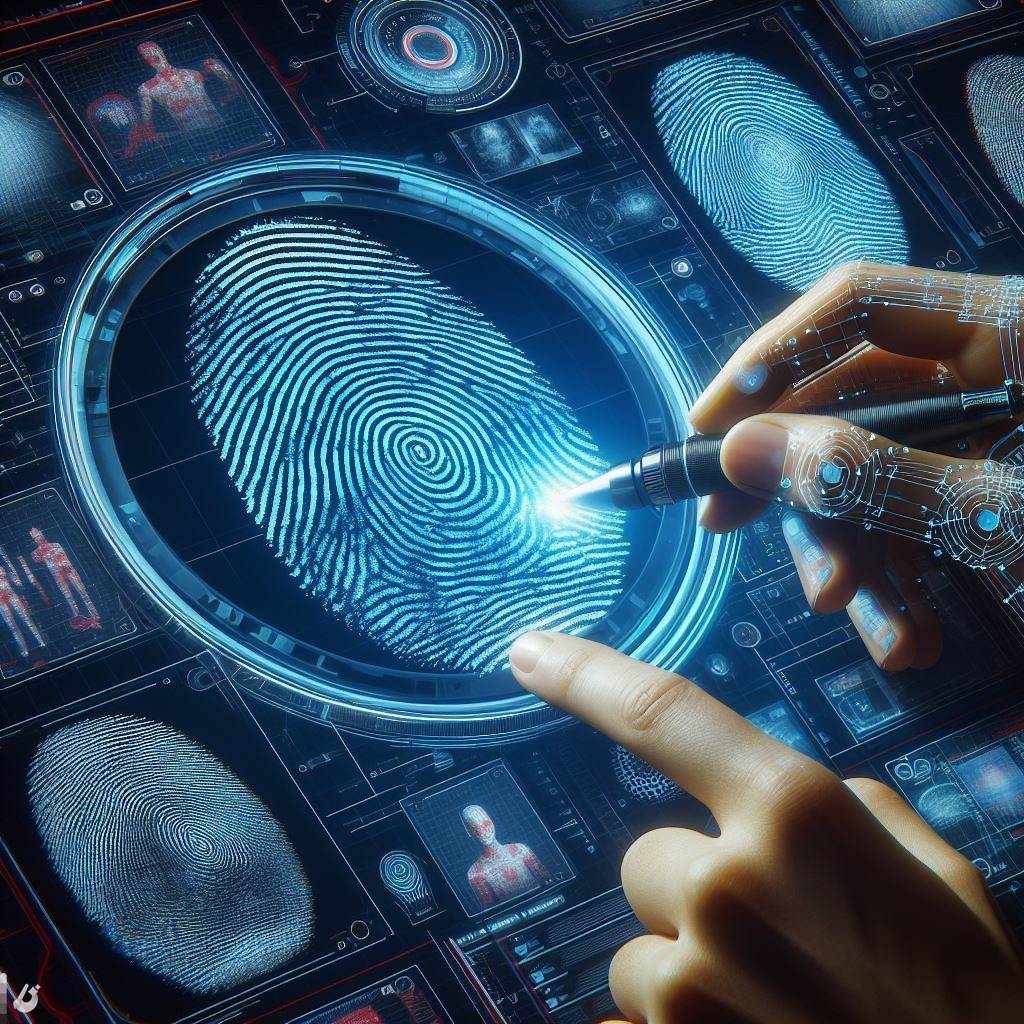
A team at Columbia University has developed an artificial intelligence (AI) system challenging the notion that fingerprints from different fingers of the same person are entirely unique. The system, using a deep contrastive network, was trained to find similarities between fingerprints, revealing unexpected correlations.
The researchers found that some curvature of the ridges in fingerprints played a crucial role in establishing similarities. While critics argue that the similarities were already known and question the practicality of the AI-powered technique in forensics, the study's authors see it as an example of AI's potential to offer new insights in well-established fields.
Columbia University researchers used a deep contrastive network AI system to find similarities between fingerprints from different fingers of the same person.
The AI learned that fingerprints from different fingers of the same person are surprisingly similar, challenging the assumption of complete uniqueness.
Critics argue that the discovered similarities were already known, and the AI system might not be practical for forensics, especially with degraded or smudged fingerprint data.
The study authors see the research as an example of AI's potential to provide new insights even in well-established fields, challenging the perception that AI merely regurgitates existing knowledge.